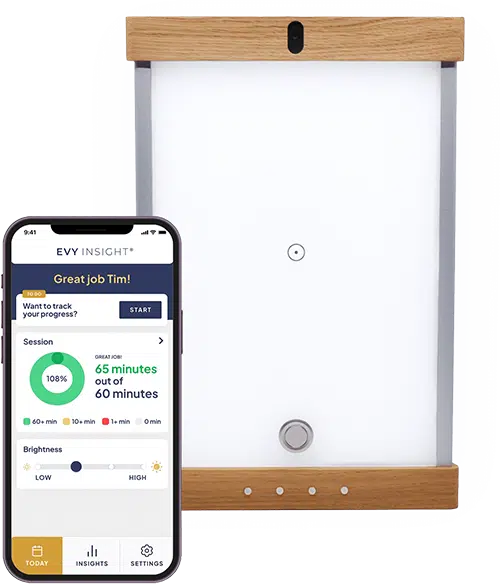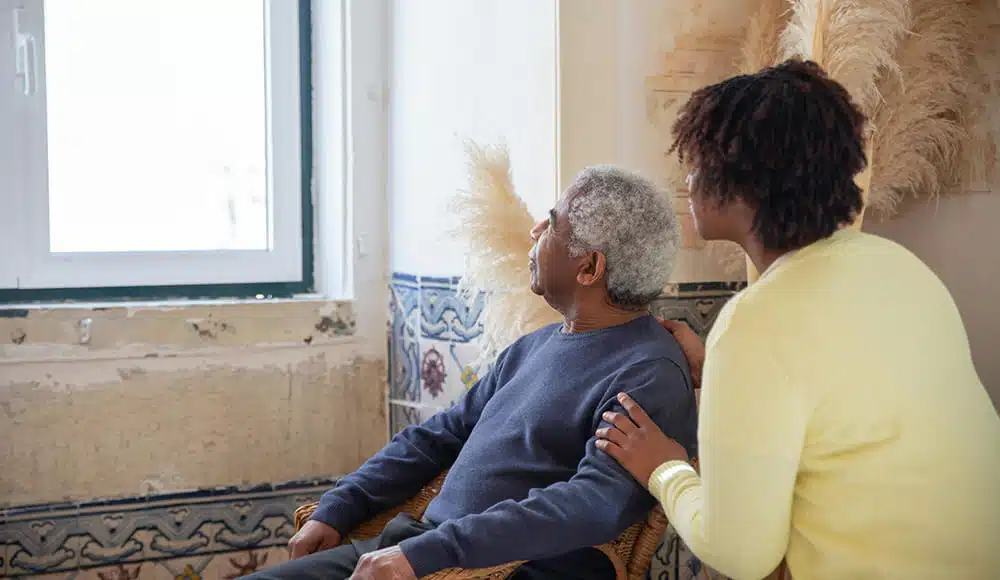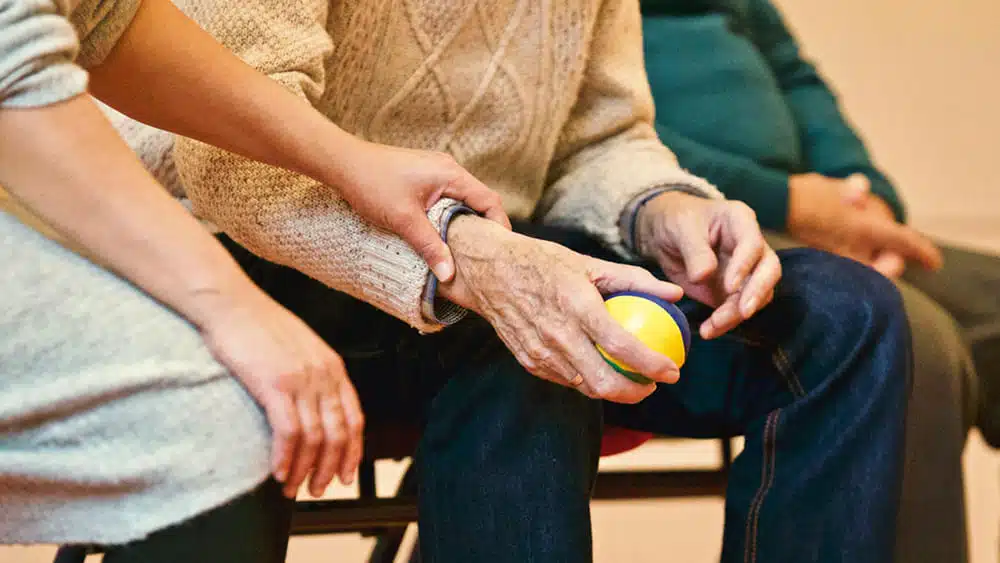Navigating dementia care can be financially challenging. Fortunately, various free care options, financial assistance programs, and support resources are available for dementia and Alzheimer’s patients. This article explores government programs, non-profit organizations, community-based support, and other avenues to help alleviate the financial burden of dementia care.

Christopher Ravn
Key Takeaways
1. Free care options for dementia patients exist through government programs, non-profits, and community-based support.
2. Financial aid programs, including Medicare, Medicaid, and VA benefits, can help cover dementia care costs.
3. Alternative care options, such as respite care, adult day care, and memory care, offer diverse support for dementia patients.
Table of Contents
1. Is Free Care For Dementia Alzheimer’s Patients Available?
2. Types Of Financial Aid For Dementia & Alzheimers Patients
3. How Can Financial Assistance For Dementia Patients Be Gotten?
4. What Government Assistance For Dementia And Alzheimer's Patients Is Available?
5. What Happens To Dementia Patients With No Money?
6. What Happens To A Person In A Nursing Home When They Run Out Of Money?
7. What Benefits Are Dementia Patients Entitled To?
8. Will Medicare Pay For A Person With Dementia?
9. Does Social Security Help With Dementia Patients?
10. Free Legal Assistance For Dementia Patients
11. What Are The Best Resources For Dementia Caregivers?
12. How To Get Funding For Dementia Care Programs & In-Home Dementia Care
13. How To Manage And Plan Costs For Dementia And Alzheimer's Care
14. Apart From Free Care, What Other Alternative Care Options For Dementia Patients?
15. Frequently Asked Questions About Free Care For Dementia Patients
Is Free Care For Dementia Alzheimer’s Patients Available?
There are many free care options out there for dementia patients. This includes government programs such as Medicaid, Medicare, Social Security disability insurance, and supplemental security income. As for non-profit organizations, there is the Alzheimer’s Association, the Alzheimer’s Foundation of America, the Lewy Body Dementia Association, the Lewy Body Dementia Resource Centre, and the National Task Group on Intellectual Disabilities and Dementia Practices. These organizations provide support, resources, and education for those who need free care and for family members who need support.
- Diagnosed with Alzheimer’s disease or any irreversible dementia.
- Able to get state help: Medicaid.
- Have been accessed and require specialized dementia care
- Does not have the means or resources for aid
- Either a US citizen or permanent resident
Types Of Financial Aid For Dementia & Alzheimers Patients
- Medicaid is a federal program that is for low-income individuals and varies within states.
- Medicare is a federal program for individuals who are 65 and older and covers medical expenses, hospital stays, and prescriptions.
- Veterans Administration (VA) provides financial assistance such as attendance pensions, VA Aid, housebound pensions, and community-based services.
- Long-term care insurance that covers care expenses such as nursing home care or home care may vary depending on policy.
- Supplemental Security home assists with dementia and Alzheimer’s patients who have limited income and assets.
- SSDI provides help to dementia but they need to provide that they have a disability
- NGOs such as the Alzheimer’s Association provide resources, assistance, and support for dementia patients.
- Government and local resources, such as Area Agencies on Aging, provide financial aid, support, and resources for dementia patients. It is important to know that programs differ from state to state.
Community-Based Support Programs For Free Dementia Care
- National resources such as the Administration for Community Living (ACL) Eldercare, and the National Institute on Aging (NIA).
- Local resources such as the Alzheimer’s Association, Area Agency on Aging (AAA), faith-based organizations, and your local community centers.
Non-Profit Organizations Providing Free Dementia Care
- Dementia Society of America provides resources, caregiver support, and information for dementia.
- Aging and Disability Resource Center (ADRC) provides resources, information, and support for those with dementia.
- AARP provides financial assistance, caregiving, social activities, special discounts, health insurance programs, and more.
Church And Religious Organization Support For Dementia Patients
- Many religious organizations provide temporary relief for caregivers, such as respite care.
- Counseling sessions that are targeted at dementia patients and their loved ones.
- Social support by organizing group activities like Bible studies, worship services, and support groups.
- Spiritual care and prayer support for the families of dementia patients and for the patients as well.

How Can Financial Assistance For Dementia Patients Be Gotten?
- Medicare: Medicare can cover some, but not all, services needed for Alzheimer’s and dementia. It generally helps with acute care, doctor visits, prescription drugs, hospital stays, and short stays in a skilled nursing facility.
- Medicaid: Medicaid can cover care for Alzheimer’s and dementia, but you must qualify for the federal program, which has different requirements in each state. Medicaid can cover all or a portion of nursing home or long-term care costs.
- Veterans Benefits: The Aid and Attendance benefit provides financial assistance to low-income veterans or surviving spouses who require the aid of another person to perform daily living activities, including Alzheimer’s and other forms of dementia.
- State Programs: Many states offer financial assistance programs for dementia patients, including Medicaid waivers, home care waivers, assisted living waivers, adult day care waivers, and adult foster care waivers.
- Provide their income and asset limits.
- Require assistance from someone else to perform daily activities such as eating and bathing.
- Should be 65 years of age or older
- Provide a diagnosis of dementia (if applicable)
- Collect the required documents, such as proof of income, assets, medical records, and patient identification.
Join families who have found relief with EVY LIGHT®
Click below to see how EVY LIGHT® is helping others
What Government Assistance For Dementia And Alzheimer's Patients Is Available?
The government provides many programs to support dementia patients. They are Medicare, Medicaid, Medicare Advantage Plans, Veterans Administration (VA) Services, Adult Day Care, Home Care, and Assisted Living.
- Determine if you are eligible for the programs by checking the requirements.
- Complete the necessary paperwork
- Enroll in the program, monitor, and review as needed.
What Happens To Dementia Patients With No Money?
Dementia patients who lack finances and resources often find themselves faced with challenges in accessing support and care. The key impacts are that dementia patients would not receive the care that they need, would be unable to receive access to care options, would rely on nursing homes, and would even be subjected to financial exploitation by scammers or family members who intend to take advantage. Moreover, families of dementia patients may not be able to provide care and support, thus leading to emotional strain.
The legal and ethical issues related to caring for dementia patients with no money are that dementia patients may not be able to plan for their future, and thus, there is a need to understand how to get guardianship of a parent with dementia or conservator to be appointed to manage their personal and financial affairs. To add on, dementia patients without financial means or aid may be able to apply for government programs such as Medicaid. However, without sufficient funds, dementia patients may not be able to make decisions when it comes to end-of-life care.

What Happens To A Person In A Nursing Home When They Run Out Of Money?
When a person in a nursing home runs out of money, the facility will discharge them due to insufficient funds. However, there are some options, such as state spend-down programs, the Area Agency on Aging, and Certified Medicaid Planners.
What Benefits Are Dementia Patients Entitled To?
Other benefits that dementia patients are entitled to are pension credits that may help with bills, rent, and council tax, and housing benefits that help with mortgages. They are also eligible for Personal Independence Payment (PIP), which helps with living expenses, and Statutory Sick Pay (SSP), which helps by assisting dementia patients to be paid up for 28 weeks. There is also a Carer’s Allowance for those who care for dementia patients for at least 35 hours a week and Carer’s Credit, which helps caregivers build up their State Pension entitlement.
Will Medicare Pay For A Person With Dementia?
Medicare and Medicaid offer a variety of benefits for dementia patients. This includes services such as long-term care, prescription drugs, and medical aid. Here are some of the benefits provided:
- Part A: Covers inpatient hospital stays, skilled nursing facility care, and hospice care.
- Part B: Covers doctor visits, outpatient services, and preventive care.
- Part C: Offers additional benefits, such as dental, vision, and hearing services, and prescription drug coverage.
- Part D: Covers prescription drugs, including those used to treat dementia.
- Special Needs Plans (SNPs): Designed for individuals with specific conditions, including dementia, and offer additional benefits and support.
- Coverage: Provides coverage for long-term care services, such as nursing home care, home care, and assisted living services, for individuals with limited income and financial assets.
- Waivers: Allows states to provide additional services, such as home and community-based services, to individuals with dementia.
- Coordination: Allows individuals to receive coverage for both Medicare and Medicaid benefits, including Medicare Part A and Part B and Medicaid-covered services.
Does Social Security Help With Dementia Patients?
- Disability benefits are SSDI and SSI programs that provide financial assistance to dementia patients who are unable to work.
- Social security benefits help cover medical care, living expenses, and other relevant costs.
- It also provides resources for caregivers, such as online tools, publications, and phone assistance.
Free Legal Assistance For Dementia Patients
- Guardianship provides the means for a family member to take up financial and healthcare matters within their purview. There are free legal services that help establish guardianship and protect their wishes with respect.
- Estate planning ensures that there are services, such as powers of attorney and living wills, that allow a trusted person to make decisions.
- Patients have the right to make their own decisions, receive the care that they need, and be free from abuse or neglect.
How To Access Legal Aid
- Visit USAGov to check eligibility. You will be able to search for affordable legal aid to see if you are able to obtain free or low-cost assistance.
- Contact the local organizations, such as LawHelp.org or the American Bar Associations, that offer free legal answers
- Once done, contact your state bar association to determine if you have a referral service that could link you with a free or low-cost lawyer.
- If all fails, find a law school pro bono program that provides legal assistance.
What Are The Best Resources For Dementia Caregivers?
The top resources for dementia caregivers are the State Area Health Insurance Assistance Program, The Alzheimer’s Store, Transportation Safety Administration Cares, Caregiver Action Network, Caregiver Nation, Eldercare Locator, and Family Caregiver Alliance.
As for local services and support, locate the Area Agency on Aging and even faith-based organizations that provide support groups and resources. As for online support and counseling, there is BetterHelp, the National Institute on Aging and the National Institute on Aging at the National Institutes of Health.
How To Get Funding For Dementia Care Programs & In-Home Dementia Care
To get funding for dementia care programs and in-home dementia care, you will need to determine eligibility by providing a diagnosis of the type of dementia. However, this is not offered to those in Puerto Rico and other U.S. territories. There are also memory care options that are available but you will need to what is the difference between memory care and dementia care.
- A review of the current situation and caregiving experience
- Patient’s diagnosis.
- Financial and emotional needs.
- Social support access.
How To Manage And Plan Costs For Dementia And Alzheimer's Care
- Understanding the costs that are linked with dementia care. This can range from in-home care, adult day care, assisted living, and long-term care facilities.
- Determine a budget for medical expenses, medication, and living costs.
- Search for community resources such as support groups, adult day care programs, and home safety protection.
- Long-term insurance to cover future costs.
- Generate a financial plan that showcases the cost of dementia care and future expenses.
- Appoint a proxy to make decisions on behalf of the patient.
- Determine future housing, such as long-term care or assisted living.
Does Dementia Count As A Disability For Taxes?
Yes, the Internal Revenue Service (IRS) says dementia is counted as a disability and can be used for tax purposes. This is because it is seen as a physical or mental disability that limits a person’s life as it impairs their means to dress, eat, move, or even bathe. Since dementia affects cognitive impairment, it is important to understand is mild cognitive impairment a disability.
Apart From Free Care, What Other Alternative Care Options For Dementia Patients?
- National and local services can provide information on payment care. There are free services, like support groups.
- Respite care options are provided to caregivers so that they can recharge or take a break either in their home or community setting.
- Recreational, therapeutic activities, and recreational needs that can be provided in adult day care.
- Medical and non-medical care such as physical therapy, light therapy for dementia, occupational, and skilled nurses.
- Memory care that is designed for dementia patients in a safe environment.
Frequently Asked Questions About Free Care For Dementia Patients
What Free Care Is Available For Dementia Patients?
There are many free care options out there for dementia patients. This includes government programs such as Medicaid, medicare, Social Security disability insurance, and supplemental security income. As for non-profit organizations, there is the Alzheimer’s Association, the Alzheimer’s Foundation of America, the Lewy Body Dementia Association, the Lewy Body Dementia Resource Centre, and the National Task Group on Intellectual Disabilities and Dementia Practices. These organizations provide support, resources, and education for those who need free care and for family members who need support.
Is There Government Assistance For Dementia And Alzheimer’s Patients?
The government provides many programs to support dementia patients. They are Medicare, Medicaid, Medicare Advantage Plans, Veterans Administration (VA) Services, Adult Day Care, Home Care, and Assisted Living.
















